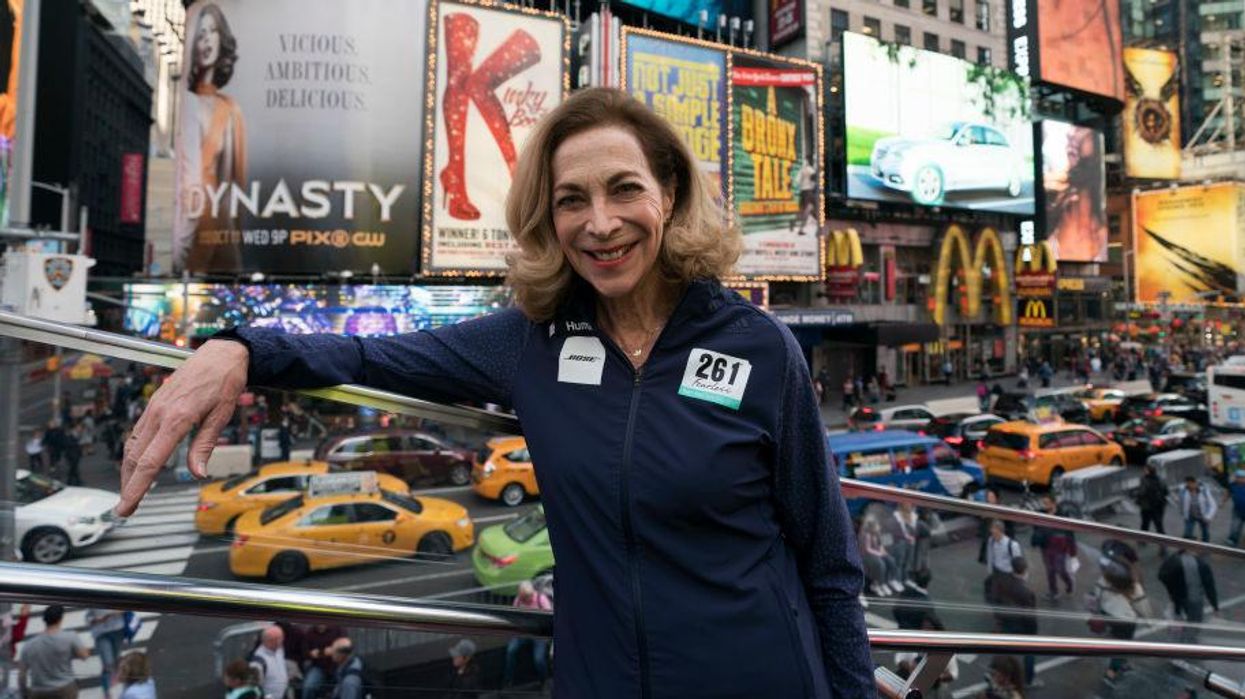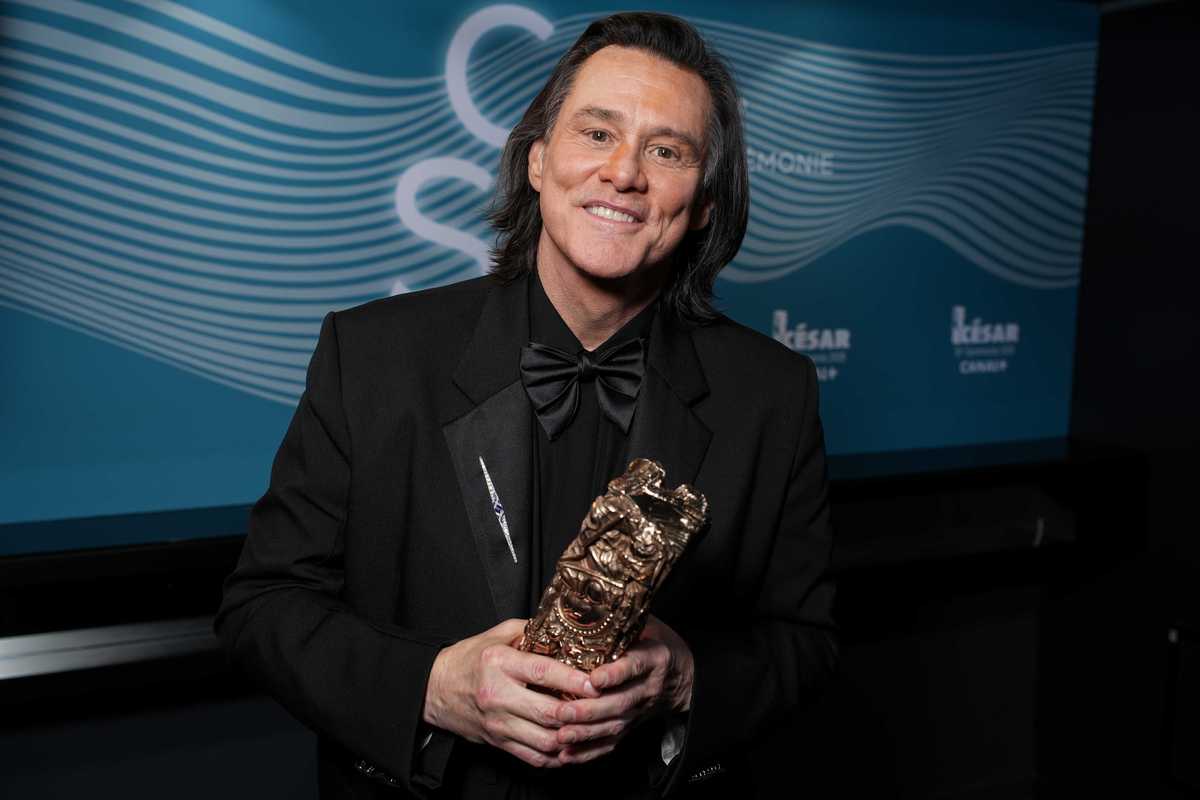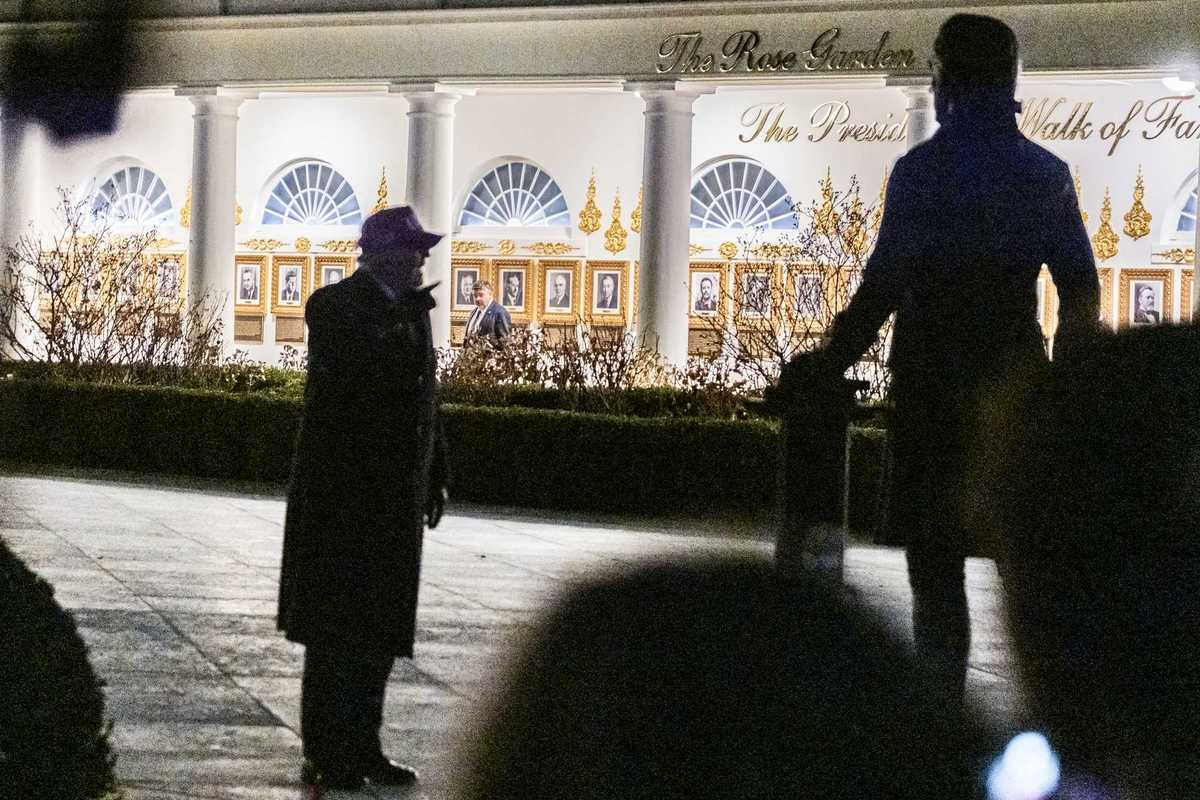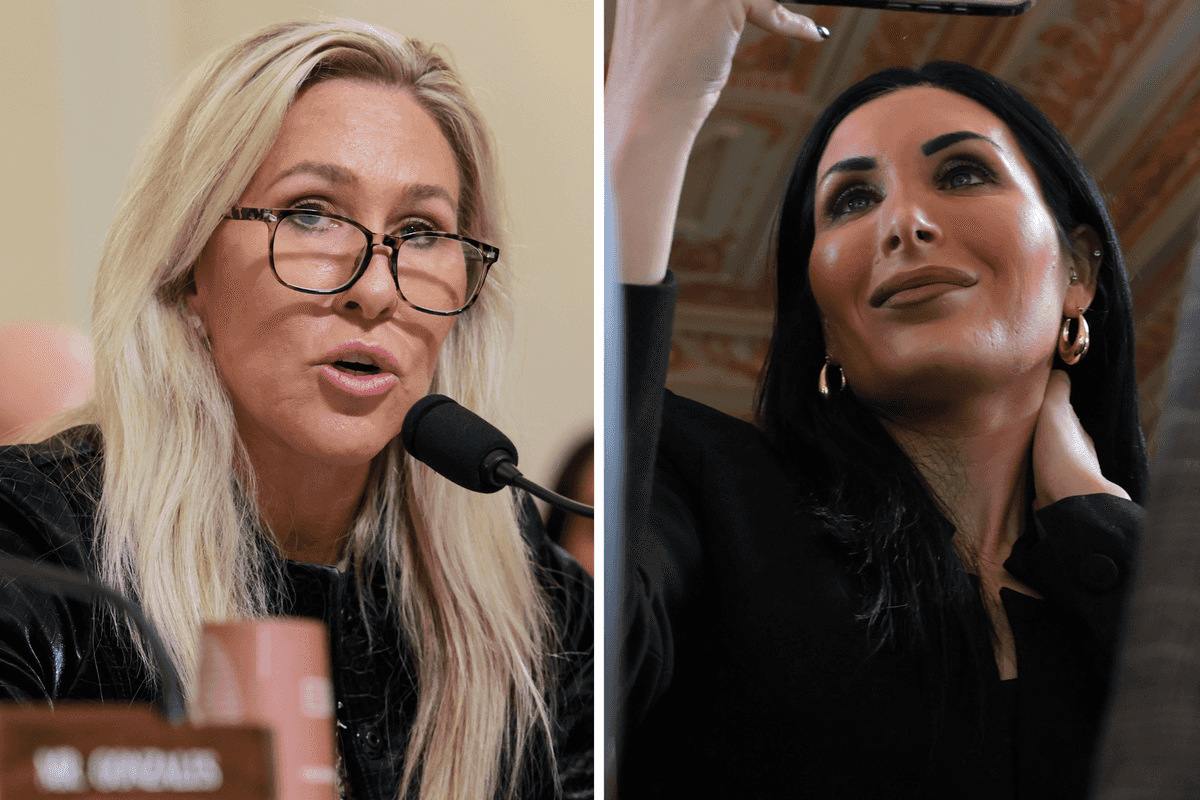News
Greg Evans
Apr 22, 2018

Picture:
DON EMMERT/AFP/Getty Images
Today is the London Marathon, a sporting event where people will attempt to achieve their own personal goals and make history.
Among this year's runners is perhaps one of the most inspiring marathon runners in history, 71-year-old American Katherine Switzer.
In 1967, when she was just 20, she became the first ever woman to compete in the Boston Marathon as an official runner with an official race number.
According to the rulebook, women were not banned from taking part in the race, it was just seen as not the thing for a woman to do.
In 1966, Bobbi Gibb ran the same marathon as an unregistered athlete and finished with a time of 3 hours, 21 minutes and 40 seconds. She had previously been denied entry into the race by the Boston Athletic Association.
Switzer registered herself as 'KV Switzer' and took her place on the starting line wearing lipstick and not attempting to hide her identity or gender.
Sadly, her presence at the race wasn't welcomed by everyone, as several men, including the race director, Jock Semple, attempted to stop her and rip her number from her clothes.
Images of the incident have been shared widely today on Twitter.
Semple could be heard shouting: "Get the hell out of my race and give me those numbers!"
He was eventually apprehended by Switzer's boyfriend Tom Miller, an ex-All American football player who wrestled him to the ground, allowing her to continue the race.
She finished with an impressive time of 4 hours 20 minutes, but has since admitted that she wasn't trying to make history on that day.
In an interview with The Guardian she said:
I had no intention of making history that day. I was a kid who wanted to run. I signed up to the race.
I signed my name K Switzer – I’d done it since I was 12 – and they thought I was a guy. I wasn’t trying to defraud them but my coach insisted that I officially sign up.
He said: ‘You don’t mess around with Boston, you don’t just jump in the race.’
Other women had run marathons, and even one at Boston the year before, but not officially. We checked the rule book.
Nothing in the rule book about it being for men only. It was only a tradition.
They just assumed a woman couldn’t or wouldn’t want to run. Even on the entry form there was nothing about gender.
She was later disqualified from the race and expelled from the athletics federation because she had run with men, ran more than a mile and a half, ran without a chaperone and was accused of fraudulently entering the race.
However, what she did on that day did change the course of history. Five years later, Boston allowed women to run in the race officially for the first time.
Two years after that she ran in and won the New York Marathon, and would later become an advocate for female marathons, campaigning for their inclusion at the Olympic Games. The event was eventually introduced in 1984.
As a mark of respect, the Boston Marathon has officially retired Switzer's number from 1967, (261) and today she, along with Gibb, is seen as a trailblazer for equality and inclusion.
HT Radio Times
More: Trans women will be able to compete as women in this year's Boston Marathon
Top 100
The Conversation (0)













